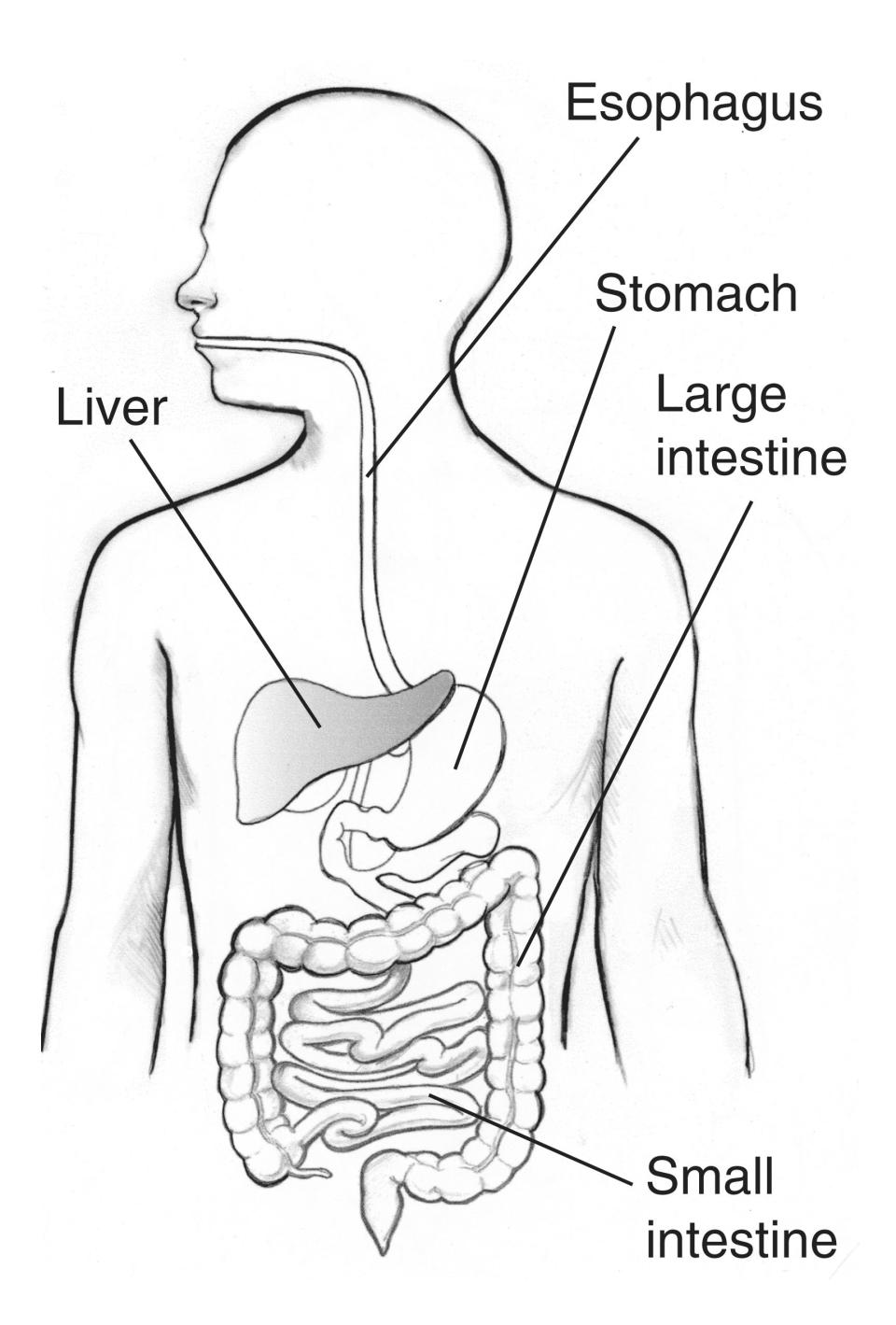Hepatitis outbreaks: With 7 kids treated in Cincinnati, here's what to watch for

Editor's note: This story was updated to distinguish two separate hepatitis outbreaks.
Seven children have been hospitalized in Cincinnati with a mysterious hepatitis illness while a separate hepatitis A outbreak is under investigation by the U.S. Food and Drug Administration.
Since October, more than 200 cases of an acute hepatitis with an unknown origin have spread among children. An investigation of whether the cases are linked to COVID-19 is underway.
Separately, a hepatitis A outbreak has caused the Food and Drug Administration to review two brands of organic strawberries for a possible link to the outbreak. In an announcement released over the weekend, the FDA urged individuals who purchased FreshKampo and HEB strawberries from March 5 to April 25, to not eat them. The warning includes berries that were purchased and then frozen.
The strawberries are sold at the following locations:
Kroger.
Aldi.
HEB.
Safeway.
Sprouts Farmers Market.
Trader Joe’s.
Walmart.
Weis Markets.
WinCo Foods.
More: CDC investigating mysterious outbreak of severe hepatitis in 109 children
More: CDC seeks answers after 6 kids die from hepatitis outbreak that has spread to 36 states
"If you are unsure of what brand you purchased, when you purchased your strawberries, or where you purchased them from prior to freezing them, the strawberries should be thrown away," the FDA added.
The outbreak is currently being investigated by the Centers for Disease Control and Prevention, the Public Health Agency of Canada and the Canadian Food Inspection Agency.
Hepatitis A is a viral infection that causes liver inflammation and sometimes results in liver damage.
It typically spreads through contact with food or water that has been contaminated by an infected person's stool, according to the National Institute of Diabetes and Digestive and Kidney Diseases. Contamination of food and water can occur when an infected food handler prepares food without appropriate hand washing hygiene, according to the FDA.

The disease normally only lasts a short time and doesn't require treatment; most people recover without complications. But hepatitis A can lead to liver failure and even an emergency liver transplant in rare cases, the national institute says.
Hepatitis A has become relatively uncommon in the U.S. since a vaccine, typically given to children between the ages of 12 and 23 months, became available in 1995, according to the institute. But since 2017, the CDC has been tracking widespread outbreaks of hepatitis A in 37 states, with the homeless, those with drug addiction, men who have sex with men and the currently or recently incarcerated most at risk.
Sixteen states, including Kentucky, have declared their outbreaks under control. Ohio is among the 21 that have not, with nearly 3,800 cases since 2018. Case counts have been highest in these eight of the state's 88 counties (listed alphabetically): Butler, Clermont, Cuyahoga, Franklin, Hamilton, Montgomery, Summit and Scioto.
What to look out for in your child
The hepatitis with an unknown cause found in children has been discovered in 36 states over the past seven months, according to the CDC.
Health experts have yet to figure out why an increase in cases in children has sprung up over the last few weeks. It is unclear if the outbreak is related to COVID-19.
Seven children have been hospitalized for hepatitis at Cincinnati Children's Hospital Medical Center during the outbreak, according to a recent Cincinnati Health Department medical director's report.
Dr. William Balistreri, director emeritus of Cincinnati Children's Pediatric Liver Care Center, said the outbreak shouldn't cause parents to panic. He noted that there is an increased awareness of viruses since COVID-19 that has caused health experts to identify unusual symptoms and illnesses more readily and added that only a minority of cases have progressed to severe disease.
"We've seen this and the question is, in the past were these not brought to our attention because they recovered as will most without developing liver injury?" Balistreri said.
Though many hepatitis cases will not progress to severe levels, Balistreri said parents should still be on the lookout for signs and symptoms of the unusual illness and immediately seek the counsel of a doctor if they see any of the following:
Jaundice.
Yellow eyes.
Yellow skin.
Dark urine.
"That's going to be a very rare manifestation but certainly those are the kinds of cases that we want to see and we want to see fairly early in the course so that we can plan our strategies," he said.
Other symptoms a child may be experiencing related to the outbreak include:
Fever.
Respiratory symptoms.
Vomiting.
Gastrointestinal symptoms.
Diarrhea.
The increase in the awareness of viruses is a good thing, Balistreri said, adding it may lead to earlier detections.
"I'm pleased that (parents) are aware of this, it makes everyone's job easier," he said. "But I would certainly tell parents not to panic. This is a minority of cases that will progress to severe disease. But if they do see signs that are a harbinger of severe disease, we should be alerted to that."
This article originally appeared on Cincinnati Enquirer: Hepatitis outbreak symptoms to look out for in your child

